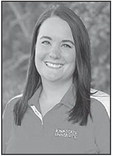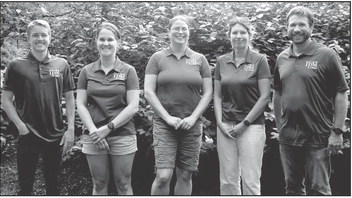No woman is immune to breast cancer. However, some women with extensive family histories of the disease may wonder if they're more vulnerable to breast cancer than those without such a link. According to the Centers for Disease Control and Prevention, roughly 3 percent of breast cancers result from inherited mutations in the BRCA1 and BRCA2 genes that are passed on in families. Inherited mutations in other genes also can cause breast cancer (as well as ovarian cancer), but BRCA1 and BRCA2 are the most commonly affected genes. And it's not just women who can inherit these mutations. Though men account for only a small percentage of breast cancer patients, they can get the disease, and those who inherit mutations in BRCA1 and BRCA2 are more likely to develop breast cancer than other men. The CDC notes that not everyone who inherits a BRCA1, BRCA2 or other mutation will develop breast cancer, and women with such mutations can take steps to help lower their risk for the disease. Doctors can discuss those steps with women, but they may include genetic counseling and testing. The CDC also notes that, even in instances when counseling and testing is not ultimately recommended by a physician, women should consider talking to their doctors about starting mammography screening in their 40s. That's earlier than some organizations recommend, though physicians may feel it's worth it depending on the individual.





